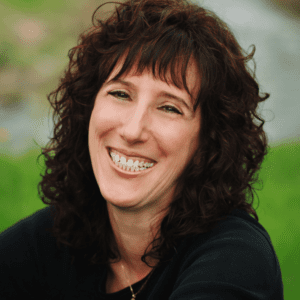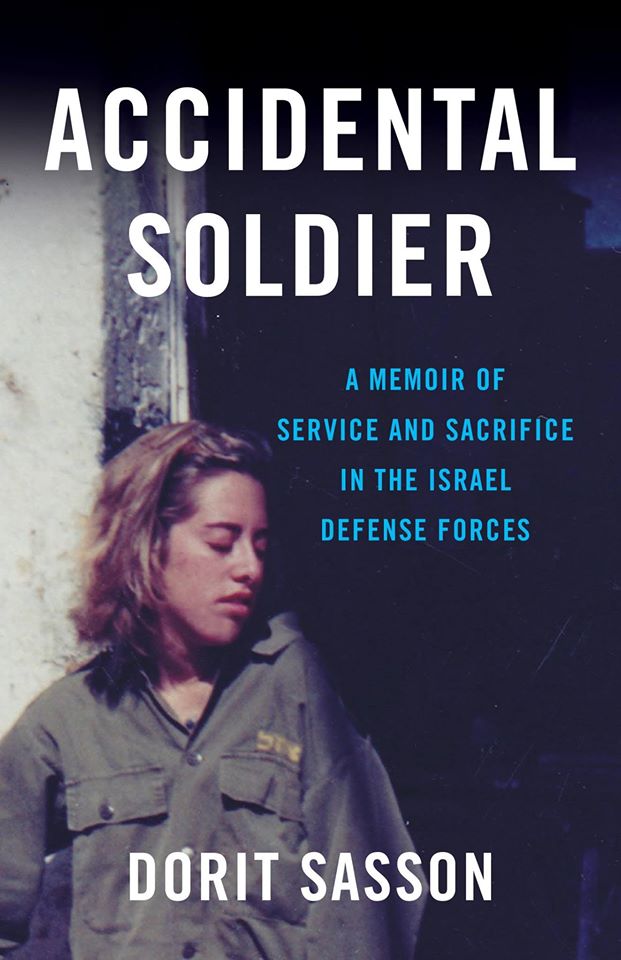Journalism. Memoir.
Just seeing the two words side by side beckons contrast. One’s factual, the other largely personal. One’s reporting, the other is scene-driven.
And yet, if you linger a bit between the two, you’ll start to see some subtle overlap. Reporters hook their readers with scenes. Memoirists to report things
I am forever fascinated by contrasts obsessed with the concept of compatibility. I am writing a memoir that explores that Israeli-American dualities. I have used Venn Diagrams for many years as an ESL instructor to help students organize their material.
And so, in this vein, I will probably be forever fascinated by Lynda Schuster’s decision to write her memoir Dirty Wars and Polished Silver: The Life and Times of a War Correspondent Turned Ambassatrix. As a former Wall Street Journal foreign correspondent, she had a lifetime of stories and ideas. Years of writing other people’s stories had given her a confident professional approach to the facts But journalism is not memoir. First and foremost there’s the voice, the personal “I.”

Lynda Schuster, author of Dirty Wars Polished Silver: The Life and Times of a War Correspondent Turned Ambassatrix
How do you shift from telling the facts to telling the story? It is precisely this shift that is so compelling and prompted me to interview Lynda Schuster, now based in Pittsburgh for this blog installment on memoir writing. And as I’ve done with past interviews, I’ll include a few annotated notes following her responses.
ME: Given that you were a journalist for so many years, what prompted you to write a memoir?
Lynda Schuster: I decided to write a memoir for a number of reasons. First, I think that age and the passing years forced, for better or worse, a kind of introspection. I wanted to look back and try to make sense of a life that I feel I didn’t always get right.
And, as presumptuous as this may sound, I also hoped that my story would inspire others especially young women—and men—to follow their hearts and their dreams. They may end up, much as I did, back where they started. But the important point is to attempt the journey.
My notes: Attempt the journey. The openness in trying for oneself to light the way for others. There’s great gratification in that.
ME: How do you see this decision as an act of courage?
There are obviously different types of memoirs, but one that is your personal story requires writing in the first-person—a scary thing, at least for me. I became a print journalist for a reason: to be able to hide behind the anonymity of a byline. To tell my own story required stepping out from behind that curtain. I suppose that could be seen as an act of courage. Or pragmatism: if I wanted to get my story down, I had to take a deep breath and strip away the camouflage.
My notes: I bolded two words in Lynda’s responses above: “anonymity” and “pragmatism.” As a follow-up, I’d love to know what it means to “hide behind the anonymity” of a byline. After all, your name is still there. Does that mean that your story is not questioned for its truth value because the personal pronoun “I” was not used?
 ME: How is journalism similar to or different than writing a memoir? What did you have to do to find your own way as part of the crossover?
ME: How is journalism similar to or different than writing a memoir? What did you have to do to find your own way as part of the crossover?
LS: Writing a memoir is very different from journalism. How, in essence, does one report out one’s own life? For me, as a journalist, this was a very odd thing; I suddenly found myself on the other side of the looking glass, as it were. It was particularly difficult because I was dealing with events that had happened, in some cases, 45 years earlier. And the compulsive fact-checker in me couldn’t always find multiple instances corroboration.
But memoir isn’t biography, whose work it is to lay down the facts of a life. A memoir’s job is to explain how one became who one is. That meant having to disconnect part of my brain, the default journalist part, and settle, say, for two instances of corroboration instead of three. Not an easy thing to do.
My notes: I can definitely see how this shifting of mindset could pose a definite challenge especially if one has made a conscious decision to stay anonymous
 ME: How is “truth telling” in journalism similar to the “truth telling” in the genre of memoir?
ME: How is “truth telling” in journalism similar to the “truth telling” in the genre of memoir?
LS: Truth is truth, regardless of the genre. Reporting the facts of a particular story differs little from reporting the facts of one’s life. The difference, I believe, occurs in how the narrative is shaped and its nuances. I return to the idea of memoir’s task: not so much to tell how things were, but how one became who one is.
My notes: Keywords: how the narrative is shaped comes from the willingness to witness elements of change and transformation. This is where journalism and memoir do a complete 180 away from each other.
ME: What was one of the most challenging things that came up as part of the writing process?
LS: One of the most challenging things was taking into account the feelings of people close to me. I was writing about friends and family with whom I obviously wanted to continue to have a relationship after the book’s publication. I was acutely aware of stories of parents or siblings who ceased to speak with an author after she had published something deemed too personally intrusive and wanted to try to avoid this pitfall.
For example, how do you write a sex scene that includes yourself when you know that your teenaged daughter is going to read it? (Hint: very carefully.) Or write of the love affair between you and your first husband, while in the 28th year of marriage to your second husband? Those were just a few of the sticky little considerations in writing the book.
My notes: These are not easy issues, at all. Having the courage to write one’s stories as a former journalist can be very complicated.




Connect with Dorit